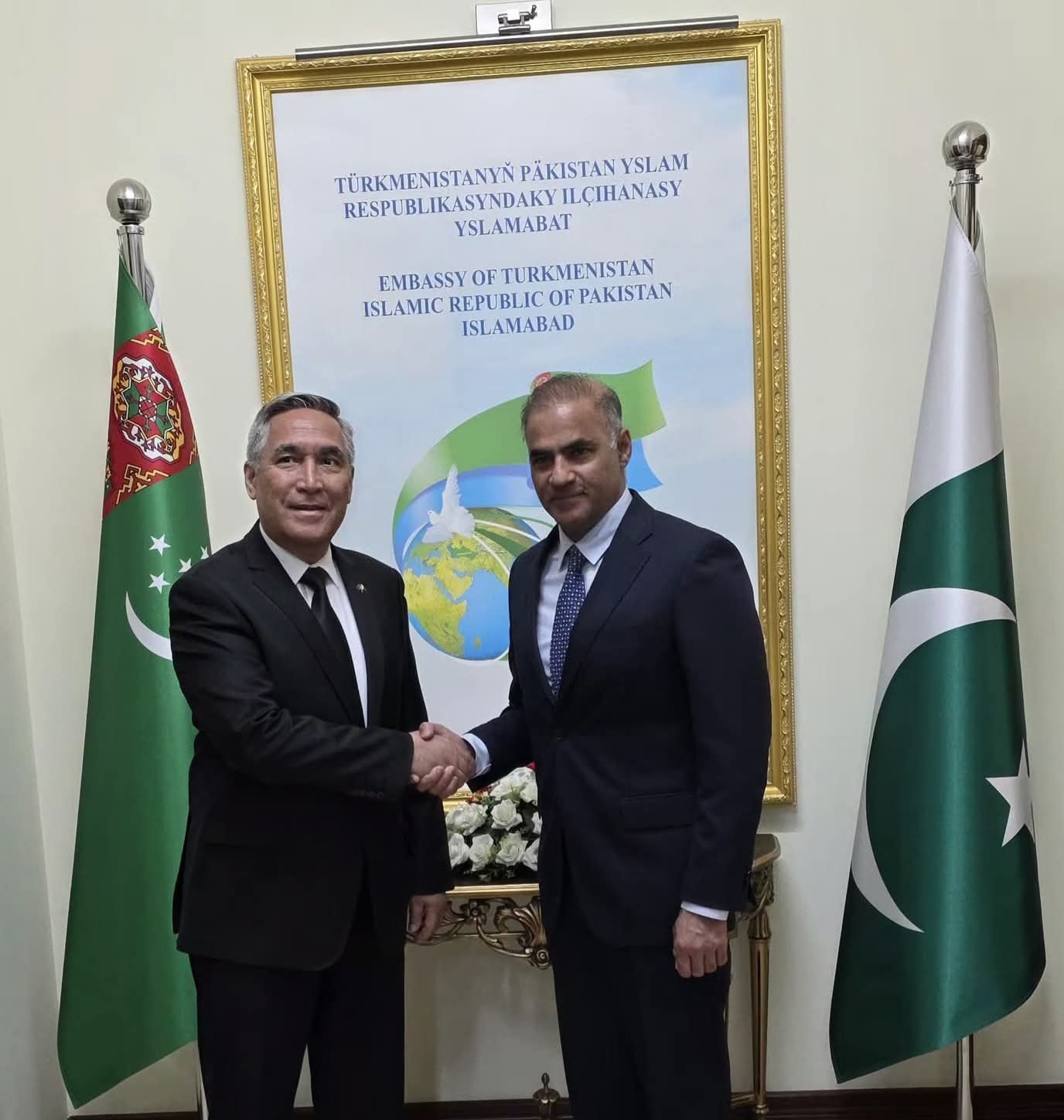Washington, D.C., July 12, 2024, The Europe Today: In a significant development, Pakistan and the International Monetary Fund (IMF) have agreed on a three-year, $7 billion aid package, providing crucial relief to the cash-strapped nation. The Washington-based institution announced the deal on Friday, stating that the program, pending approval by the IMF’s Executive Board, aims to “cement macroeconomic stability and create conditions for stronger, more inclusive and resilient growth.”
The agreement marks a staff-level consensus on a comprehensive program supported by both federal and provincial governments of Pakistan. This 37-month Extended Fund Facility (EFF) amounts to SDR 5,320 million (approximately $7 billion at current exchange rates).
Economic Challenges and Reforms
Pakistan’s economy has been under severe strain due to chronic mismanagement, the Covid-19 pandemic, the impacts of the Ukraine war, inflationary pressures, and devastating floods that affected a third of the country in 2022. With dwindling foreign currency reserves and a looming debt crisis, Pakistan sought assistance from the IMF, receiving its first emergency loan in the summer of 2023.
The latest bailout includes loans tied to significant government reforms, including efforts to broaden the tax base. The authorities plan to increase tax revenues by 1.5% of GDP in FY25 and 3% over the duration of the program. The FY25 budget targets a general government primary surplus of 1% of GDP, with revenue collection supported by more straightforward and fairer direct and indirect taxation, extending the tax net to retail, export, and agriculture sectors.
Additionally, the FY25 budget allocates increased resources for social protection, enhancing the Benazir Income Support Program (BISP) and boosting spending on education and health.
Taxation Efforts and Economic Outlook
With a population exceeding 240 million, only 5.2 million Pakistanis filed income tax returns in 2022. The government aims to raise nearly $46 billion in taxes during the 2024-25 fiscal year, a 40% increase from the previous year. Measures to widen the tax bracket include blocking 210,000 SIM cards of users who failed to file tax returns.
Despite these efforts, around 40% of Pakistan’s population lives below the poverty line, and the World Bank warned in April that an additional 10 million people could fall below this threshold.
Fiscal and Economic Projections
The Pakistan government aims to reduce its fiscal deficit by 1.5% to 5.9% in the coming year, aligning with key IMF requirements. The previous nine-month, $3 billion IMF deal necessitated unpopular austerity measures, including ending consumer cost subsidies.
Recent months have seen a slight recovery in the current account balance and a decrease in high inflation. However, Pakistan’s foreign debt remains substantial at $242 billion, with debt servicing expected to consume half of the government’s income in 2024, according to the IMF. The fund anticipates 2% economic growth this year, with inflation projected to reach nearly 25% year-on-year before gradually decreasing in 2025 and 2026.














